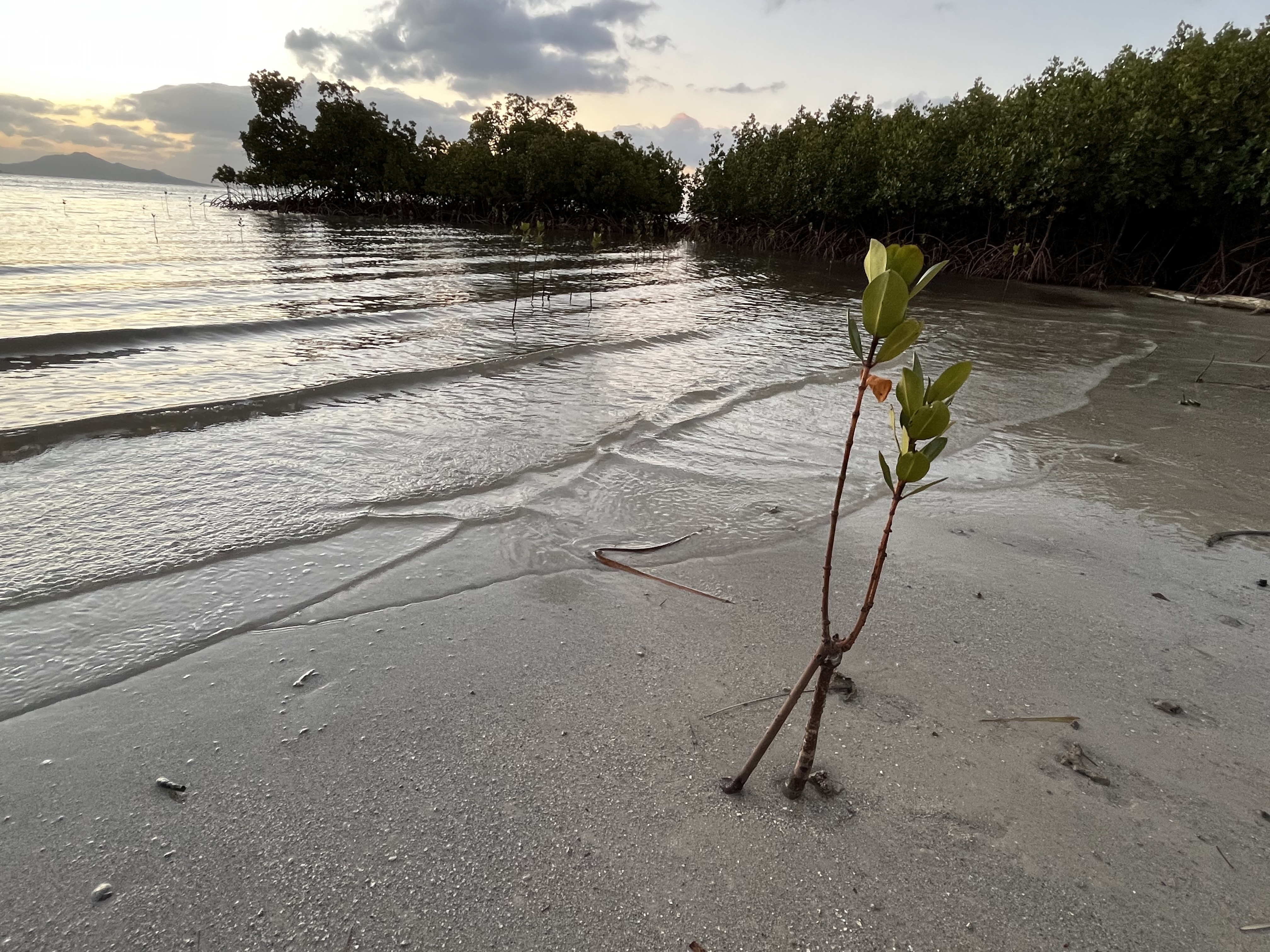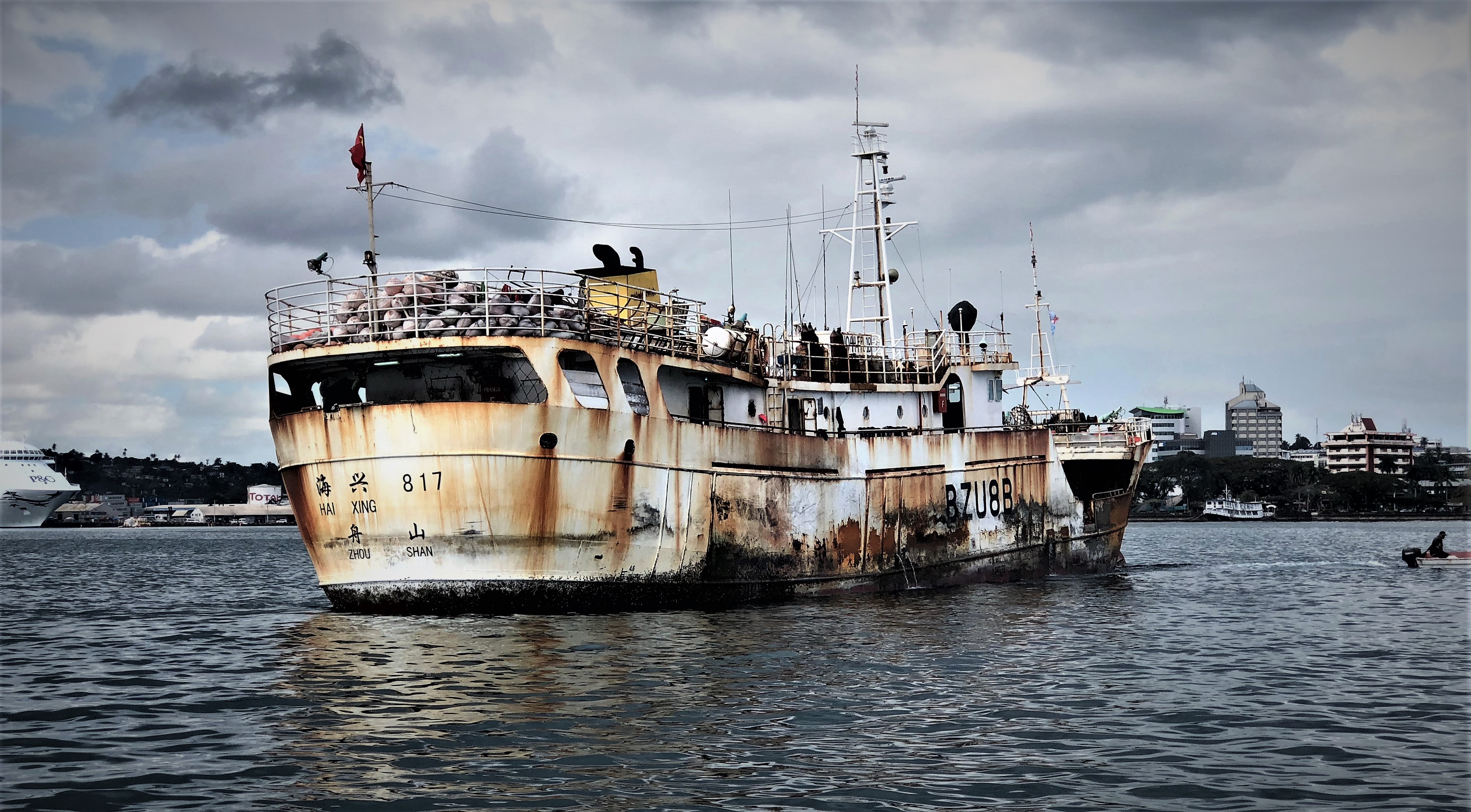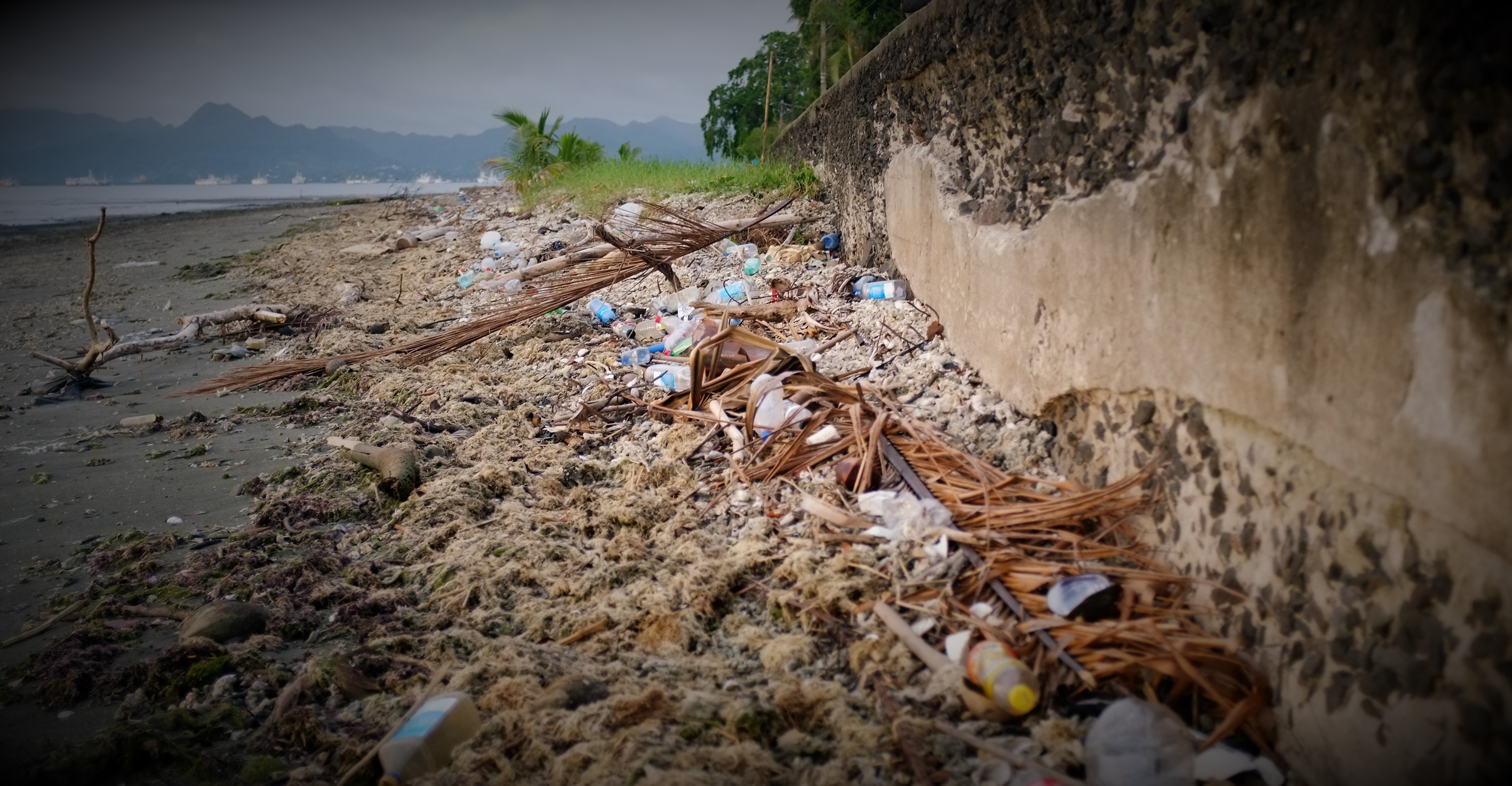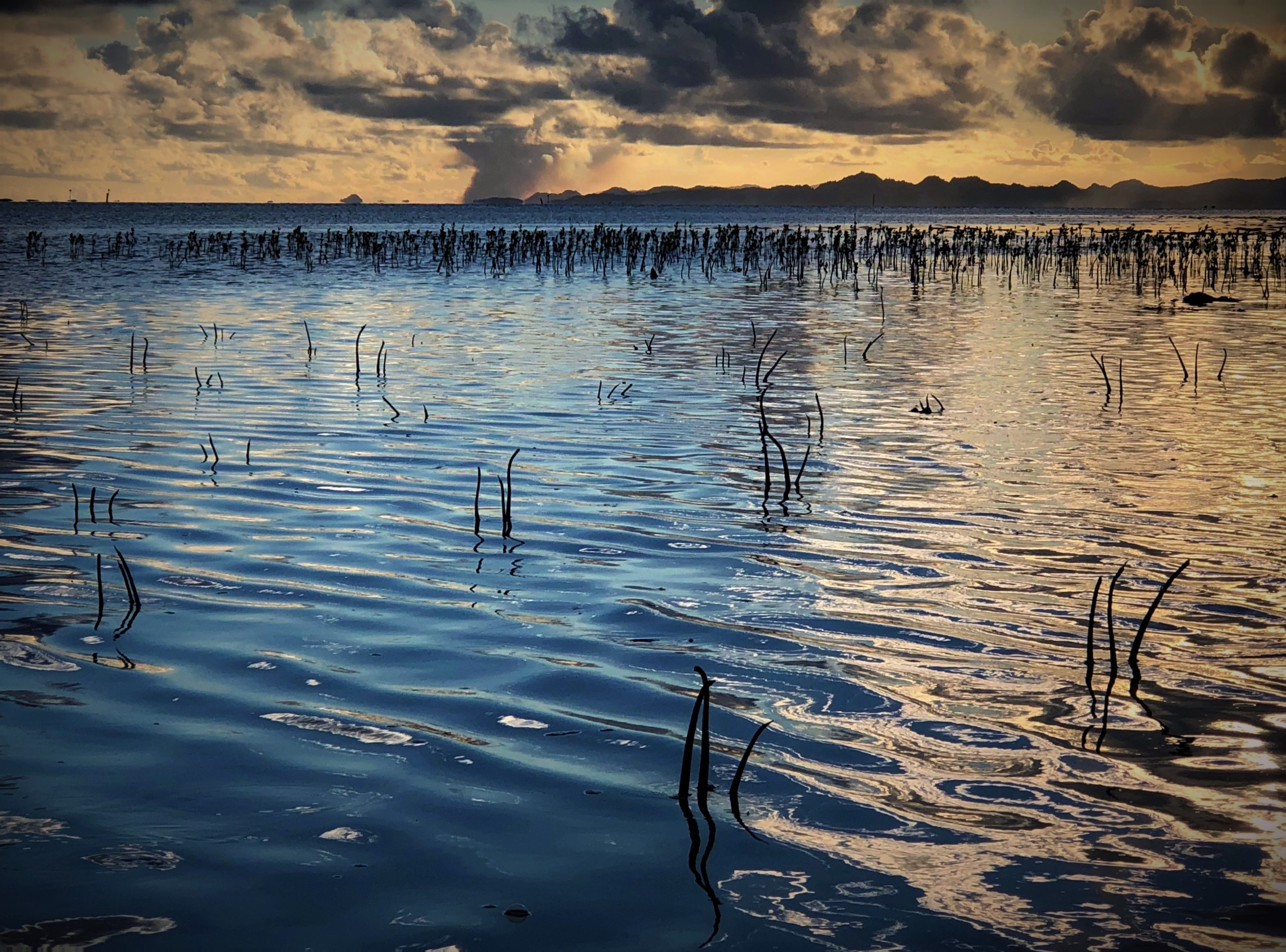We are pleased to share information about what we hope is a useful new publication: “Towards Resilient Blue Carbon Ecosystems: A Legislative Review for the Republic of Fiji.”
This review is a key part of a four-country (Fiji, Vanuatu, Solomon Islands, PNG) study coordinated by our firm, which assesses each country's current legal and institutional frameworks governing our vital mangrove and seagrass ecosystems. We set out below why we think these reports will be helpful to everyone involved in coastal management.
You can access the full Fiji report by clicking here
You can also find all the legal reviews, and summarised factsheets from Fiji, Vanuatu, and Solomon Islands by clicking here








